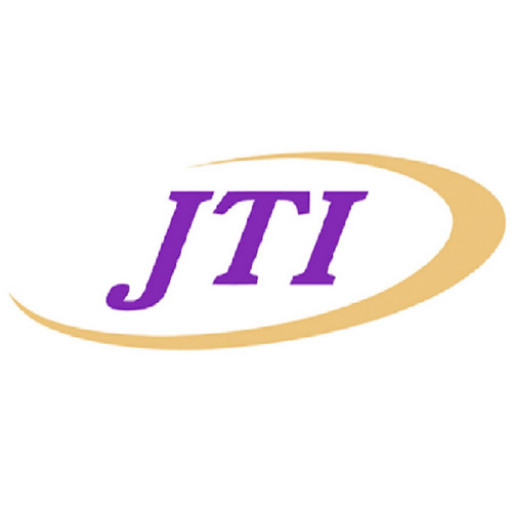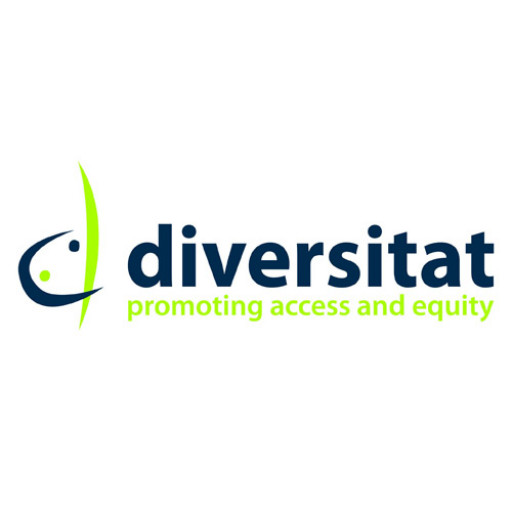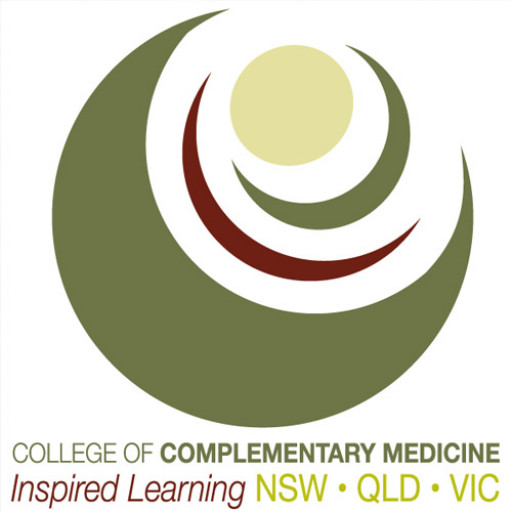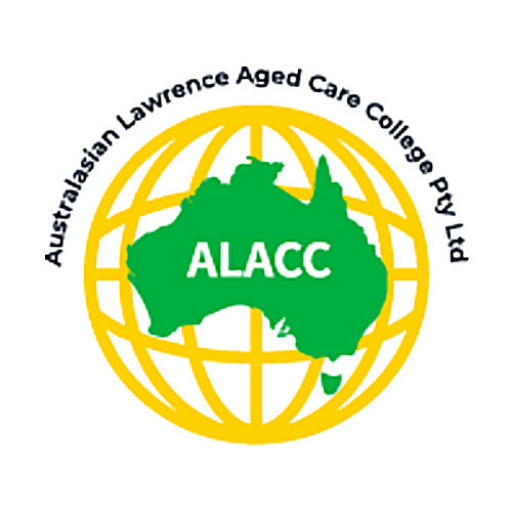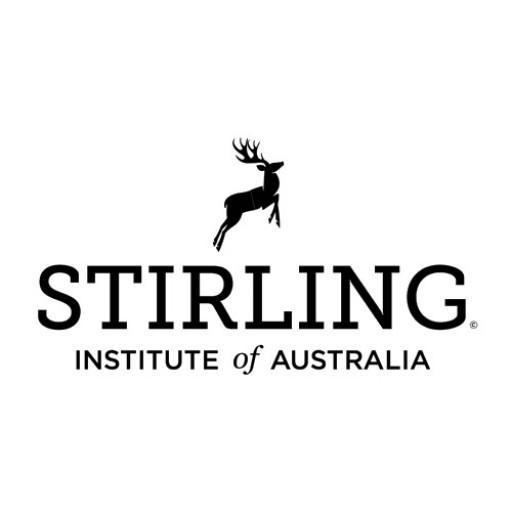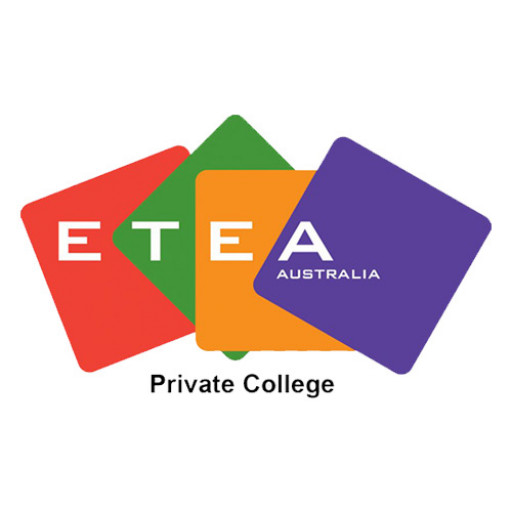This qualification reflects the role of workers who provide services to clients in regard to emotional health difficulties. They are able to offer counseling, referral, advocacy and education/health pro-motion services.These workers have to have top level specialist knowledge, skills and competencies especially in regard to laws affecting people with mental health difficulties, the range of services open to them and health issues associated with emotional health. To attain this qualification, the candidate must have done at least 160 hours of are detailed in the Assessment Requirements of units of competency.No certification, legislative, regulatory or certification requirements affect this qualification during publication.
The Mental Health program offered by Job Training Institute Pty Ltd is designed to provide students with comprehensive knowledge and practical skills essential for supporting individuals experiencing mental health challenges. Throughout the course, participants will explore various aspects of mental health, including understanding different mental health conditions, their symptoms, and the most effective intervention strategies. The program emphasizes the importance of compassionate communication and ethical practices when working with clients, fostering a supportive environment for recovery and wellbeing.
Students will gain insight into the social, psychological, and biological factors influencing mental health, enabling them to develop a multidimensional understanding of mental illnesses such as depression, anxiety disorders, bipolar disorder, schizophrenia, and post-traumatic stress disorder. The curriculum includes modules on crisis intervention, risk assessment, and the development of safety plans to ensure the safety and stability of clients in distress.
Practical training is a crucial component of the program, where students will participate in role-plays, case studies, and supervised placements to solidify their skills in real-world settings. Additionally, the program places a strong emphasis on promoting mental health awareness, reducing stigma, and advocating for mental health rights within communities.
Participants will also learn about legislative and ethical considerations relevant to mental health practice, including confidentiality, informed consent, and cultural sensitivity. Upon completion of the program, graduates will be equipped to work in a variety of settings such as mental health clinics, community health organizations, support groups, and crisis helplines. This certification aims to prepare students to make a meaningful difference in the lives of those affected by mental health issues, supporting their journey towards recovery and enhancing overall community wellbeing.
Program requirements for the Mental Health qualification at the Job Training Institute Pty Ltd necessitate that applicants possess a high school diploma or an equivalent secondary education qualification. Prospective students should demonstrate a foundational understanding of psychological principles and possess strong communication skills, as effective interaction with clients and colleagues is essential in this field. Prior experience in social services or health-related disciplines is highly advantageous but not mandatory. Applicants are typically required to complete an oral or written assessment to evaluate basic numeracy and literacy skills, ensuring they can keep up with coursework and documentation standards. Additionally, applicants must provide evidence of current immunizations, including the mumps, measles, rubella, and hepatitis B vaccines, to promote health and safety within clinical environments. The program may also require a clear criminal background check to ensure suitability for working in sensitive settings involving vulnerable populations. Practical placement components are integral to the curriculum; therefore, students must be willing to undertake supervised internships or work placements at approved mental health facilities or clinics, which can involve additional screening procedures. Physical fitness assessments could be necessary to ensure students can participate effectively in practical training involving client interactions and mobility. International students are usually required to demonstrate English language proficiency through standardized tests such as IELTS or TOEFL, with minimum scores specified by the institute. Furthermore, applicants are expected to submit personal statements or motivation letters detailing their interest in mental health and their career aspirations in this area. The program may specify age restrictions, such as a minimum age of 18 years, to ensure maturity and readiness for challenging clinical environments. Financial considerations include the payment of tuition fees, which vary depending on the program duration and scope, and may require proof of funding or scholarship arrangements if applicable. Some programs might also mandate attendance at orientation sessions and the completion of pre-course preparatory modules designed to familiarize students with clinical protocols and ethical standards. Overall, the entry criteria are designed to select committed, capable individuals prepared to undertake comprehensive training in mental health support and intervention, adhering to the regulatory standards set forth by the Job Training Institute Pty Ltd.
The financing studies for the Mental Health program offered by the Job Training Institute Pty Ltd encompass a variety of options designed to facilitate student access to education while accommodating diverse financial backgrounds. Students enrolled in this program may benefit from government subsidies and funding schemes, depending on their eligibility. For instance, in certain regions, students could access government-supported loans or grants, which reduce the upfront cost of tuition and enable learners to focus on their educational pursuits without immediate financial burden. Additionally, the institute may provide flexible payment plans that allow students to pay tuition fees in instalments over an extended period, making the program more accessible and affordable.
Private financing options are also available, including scholarship opportunities and sponsorships aimed at supporting students demonstrating academic excellence or financial need. These scholarships, awarded at the discretion of the institute, help alleviate the cost of tuition, textbooks, and other associated educational expenses. Furthermore, students might explore external financial assistance from third-party lenders or financial institutions that offer student loans tailored for vocational and higher education programs. Such loans typically come with favorable interest rates and repayment conditions, making them a viable option for many students.
The institute also offers guidance and counseling to assist students in navigating their financial options effectively. This includes providing detailed information about eligibility criteria, application procedures, and deadlines for various funding opportunities. By offering comprehensive financial planning support, the Job Training Institute Pty Ltd ensures that students can secure the necessary funds to complete their studies with minimal stress.
In summary, the financing studies for the Mental Health program incorporate a mix of government funding, scholarships, payment flexibility, and external loans, all designed to promote access and affordability. The institute’s commitment to supporting students financially ensures that qualified individuals eager to pursue a career in mental health can do so without undue economic hardship.
The Job Training Institute Pty Ltd offers a comprehensive program in Mental Health that aims to equip students with the necessary knowledge and practical skills to support individuals experiencing mental health issues. This program is designed to address the increasing demand for qualified mental health practitioners and support workers in various community, healthcare, and social service settings. Participants will gain a solid understanding of mental health concepts, the types of mental health disorders, and effective intervention strategies. The curriculum covers essential topics such as mental health first aid, crisis intervention, supporting individuals with depression, anxiety, psychosis, and other mental health conditions. Since it is tailored to the needs of the Australian mental health sector, the course includes modules on legislative frameworks, ethical considerations, and culturally appropriate support methods. Students will also learn about effective communication and counseling techniques, enabling them to work empathetically and professionally with clients.
The program actively incorporates practical training components, including simulated assessments, role-plays, and placements in real-world settings where students can apply their learning under supervision. This experiential approach ensures that graduates are job-ready and confident to operate in diverse environments such as mental health clinics, community health centers, hospitals, or aged care facilities. The accreditation of the course aligns with national standards, ensuring that learners who complete the program receive qualifications recognized across Australia. Additionally, the institute emphasizes ongoing support and professional development opportunities for graduates, fostering a career pathway within the mental health sector.
The course is suitable for individuals seeking entry into the mental health field, those wishing to upgrade their qualifications, or professionals aiming to broaden their expertise. Enrolment requirements typically include a minimum age and literacy standards, with some courses requiring prior relevant experience or education. The teaching methods combine theoretical lessons, online learning modules, group discussions, and practical workshops to provide a flexible learning experience suitable for a diverse student body. Overall, the Job Training Institute's Mental Health program is committed to preparing students to make a meaningful impact in their communities by supporting mental health and well-being.
